Complete your selection
Super Quercetin 500mg is the most advanced quercetin anhydrous supplement on the market. Supported by clinical studies and 170% better absorbed than standard quercetin supplements, it helps to naturally reduce allergies and increase physical performance.
It is naturally extracted from the tree Dimorphandra mollis using responsible, sustainable methods.
What exactly is quercetin?
Quercetin is a flavonol from the family of flavonoids, the phenolic compounds responsible for the colour of flowers, fruits and vegetables. The best dietary sources of quercetin are tea, apples, and red and white onions, followed by red wine, broccoli, citrus fruit and red fruits in general (elderberries, cranberries, bilberries …).
When it comes to dietary supplements, not all the sources of quercetin used are the same. One of the safest sources ("Generally Recognized As Safe") are the seeds and pods of a Brazilian tree called Dimorphandra mollis, part of the legume family. This is the source we have selected for Super Quercetin 500 mg. Our supplement contains a patented form (QU995™) with exceptionally high purity (guaranteed free from heavy metals) as a result of exclusive, proprietary extraction and purification processes, as well as excellent bioavailability and a longer half-life.
What benefits does quercetin offer?
Despite a significant number of studies having been conducted on quercetin, not all its properties have been fully listed. Nonetheless, the body of research conducted so far points to remarkable benefits from supplementation.
- An excellent antioxidant. Like all flavonoids, quercetin strengthens the walls of capillaries and other small blood vessels by reducing their permeability, and has antioxidant properties. It therefore helps to combat ever-present oxidative stress.
- A natural antihistamine. Quercetin plays a part in relieving allergies, seasonal or otherwise: asthma, sneezing, itching, hay fever, eczema, urticaria and allergic rhinitis. In fact, a number of studies have shown that quercetin is effective at stabilising membranes of the mastocytes responsible for releasing histamine. By reducing the degranulation of these cells, it directly addresses the source of the allergic reaction and its associated symptoms.
- Anti-inflammatory properties. Taken at a daily dose of 1000mg, quercetin confers anti-inflammatory benefits that last throughout the day. This anti-inflammatory potency comes primarily from quercetin’s ability to inhibit the NF-kappaB pathway, a protein that plays a key role in controlling expression of the genes encoding proinflammatory cytokines. Its clearest effects are on chronic inflammation of the prostate and urinary tract (interstitial cystitis). Prostatitis, which can be caused by a bacterial infection, can sometimes become chronic: in a double-blind study, it was noted that taking quercetin can significantly relieve symptoms of chronic prostate inflammation. Quercetin has also been shown to provide effective relief of arthritic pain, with one report stating that when taken at a dose of at least 750mg a day, it may work within just two or three days.
- Effective protection of the cardiovascular system. Human studies conducted in Finland have demonstrated the benefits of quercetin supplementation in preventing coronary problems and in reducing the incidence of stroke. In animals, in vitro studies showed a protective effect against cardiovascular diseases and clinical studies have also confirmed its hypotensive effect. In addition, it reduced LDL-cholesterol levels in overweight subjects and inhibited platelet aggregation, a mechanism involved in the development of atherosclerosis.
- An excellent anti-ageing compound. In Russia, quercetin is considered to be a major anti-ageing aid, referred to the ‘Russian Rejuvenator’. It may indeed improve longevity by on the one hand, reducing the impact of certain chronic diseases, and on the other, having a direct effect on life expectancy, at least, according to several studies, in experimental organisms. One Portuguese study concluded that the life expectancy of yeast cells in culture increased by 60%, while a team of German biologists showed that feeding C. elegans worms a diet rich in flavonoids, including quercetin, may improve their overall health and longevity, most probably by activating four specific genes. Other scientists have also suggested it might mimic certain effects of calorie restriction on life expectancy, as does resveratrol.
- Invaluable for sportspeople. Levels of oxidative stress, inflammation and immune dysfunction all increase in athletes and sportspeople engaging in prolonged physical activity. Taking quercetin helps to reduce the negative effects of sustained exercise by reducing markers of inflammation and oxidative stress. What’s more, double-blind studies on mountain bikers cycling a distance of around 30 kilometres showed that supplementing with quercetin for a period of three weeks helped improve their performance by around 3.1%, a considerable increase given that such results are normally only obtained by using performance-enhancing drugs or in athletes training at high altitudes. Another study, which examined the effects of 14 days’ supplementation with 1000mg quercetin on time trials performed on a treadmill, showed an improvement in performance of 2.9%.
What is in Super Quercetin
Any questions?
Our team of nutrition experts and scientists has the answers.
An exhaustive research review identified no toxicity or carcinogenicity, while studies on development and reproduction showed no adverse effect. Quercetin may, however, alter the bioavailability of cyclosporine, an immune suppressant used to prevent rejection of donor organs, so is best avoided in such cases.
april 19 2021
Why not these questions in English??
march 30 2019
Top je recommande
june 15 2025
Anti histaminique naturel à la hauteur
Natural antihistamine that lives up to expectations
 see the translation
Translated by SuperSmart - see the original
see the translation
Translated by SuperSmart - see the original
june 11 2025
may 28 2025
Même si je le prends depuis peu de temps, je le considère comme étant un super produit, car ne peux pas consommer des oignons rouges tous les jours. Un comprimé me suffit pour ressentir une amélioration de mes allergies,
Even though I have been taking it for a short time, I consider it a great product because I can't consume red onions every day. One tablet is enough for me to feel an improvement in my allergies.
 see the translation
Translated by SuperSmart - see the original
see the translation
Translated by SuperSmart - see the original
Need help?
You may also like

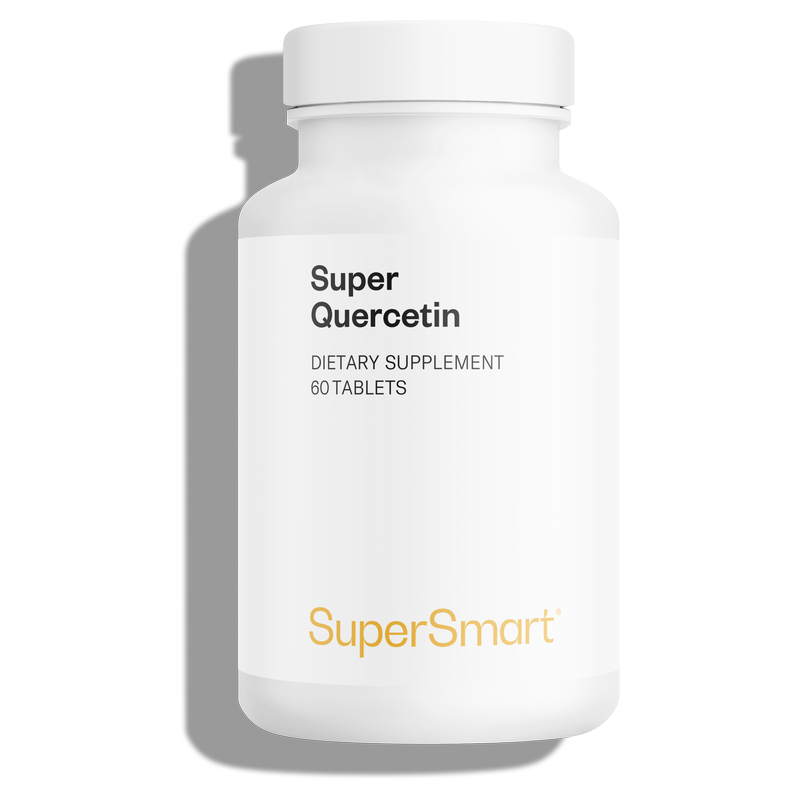
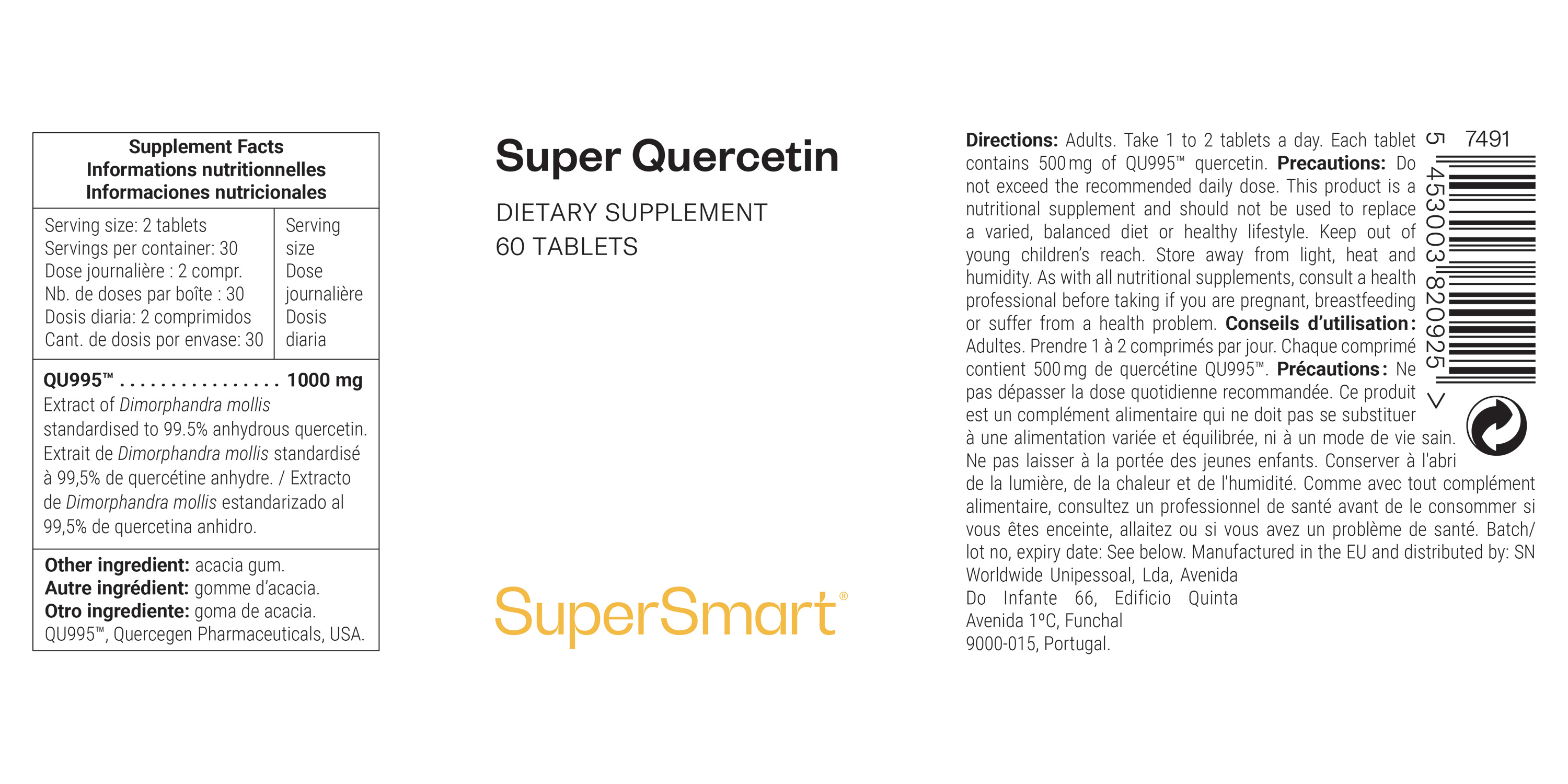
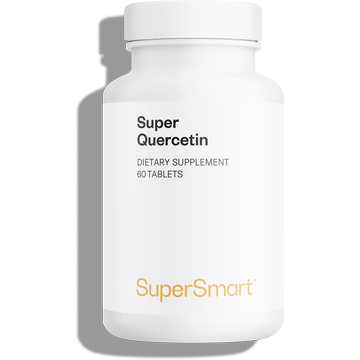
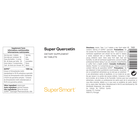


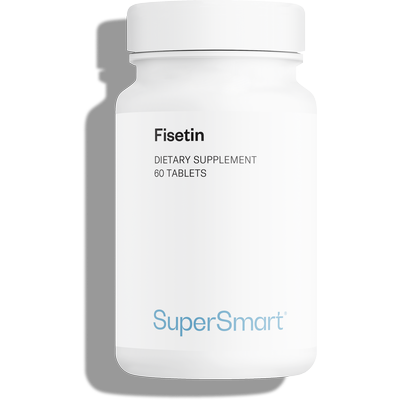
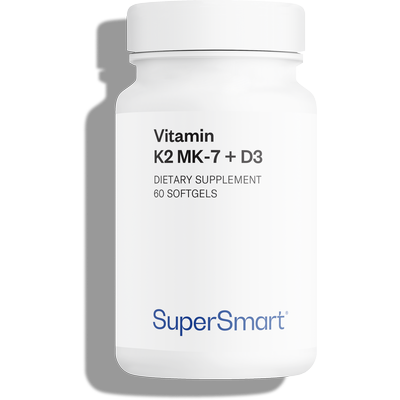
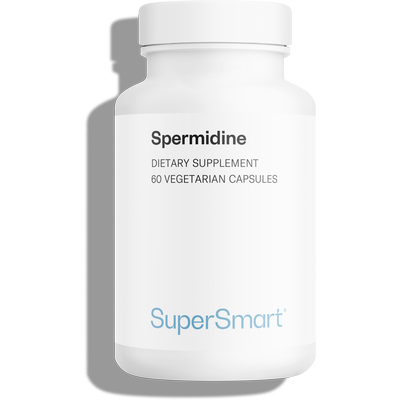
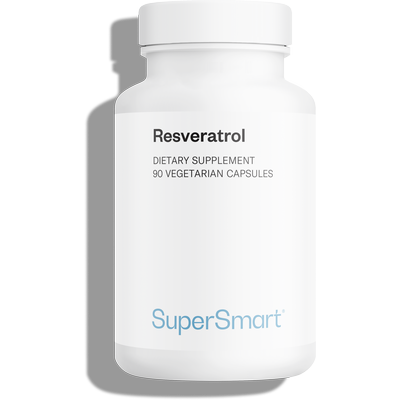
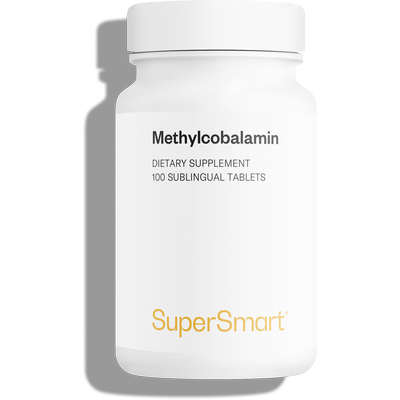
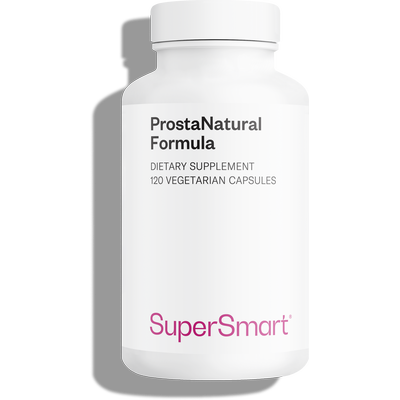
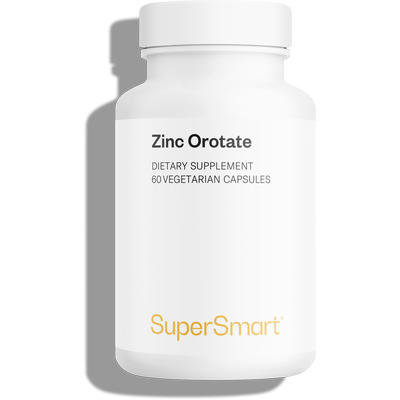
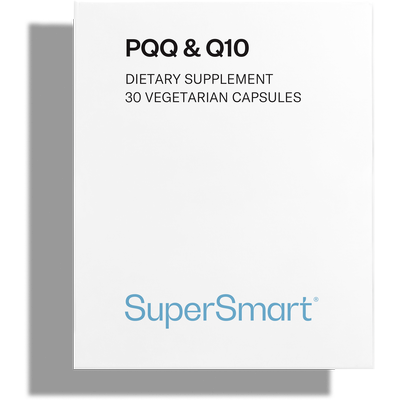
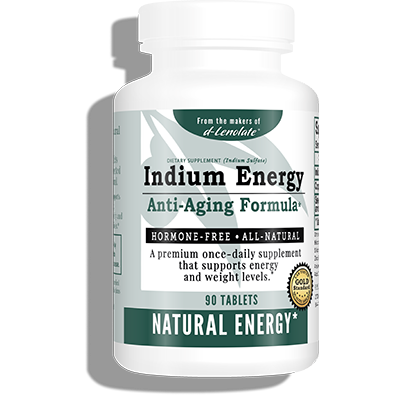
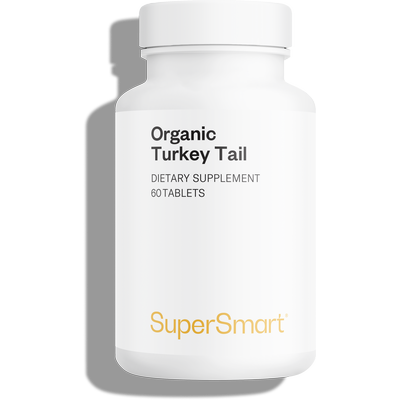
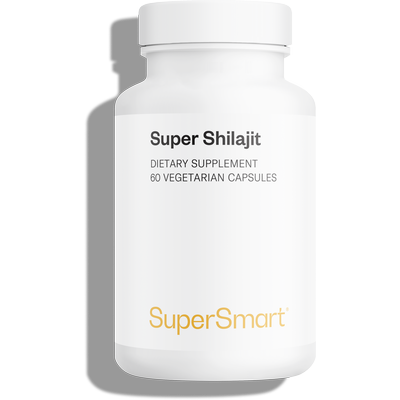
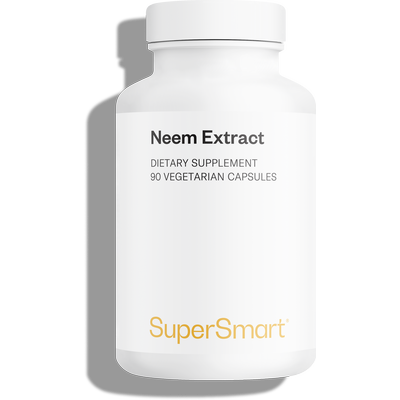
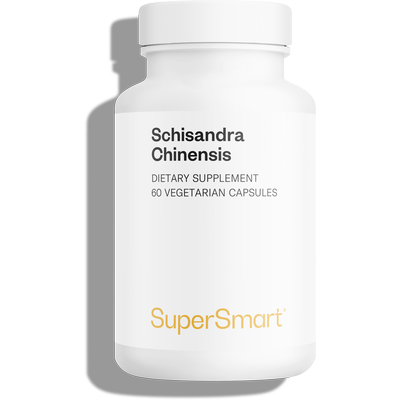
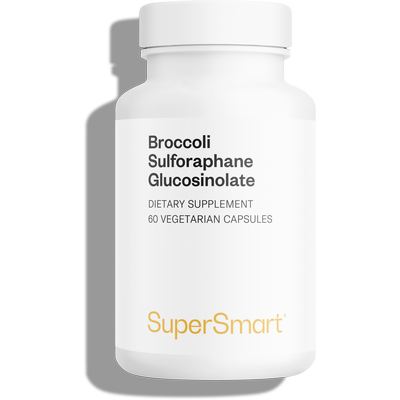
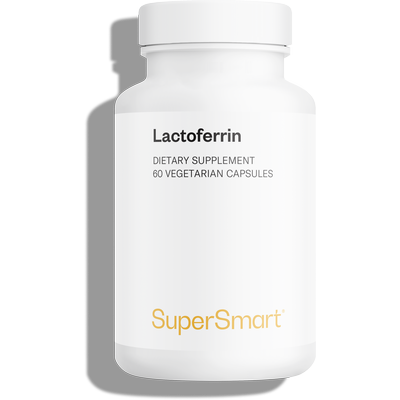
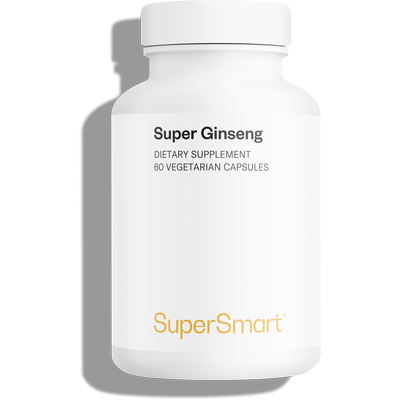
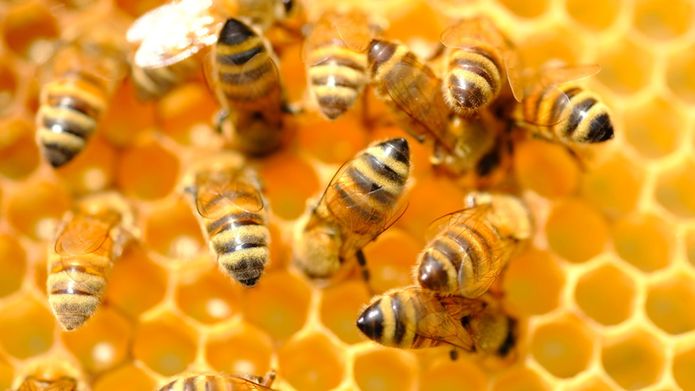

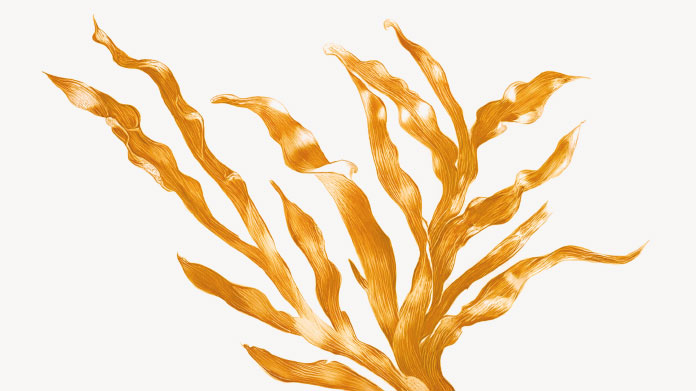
Bonjour,
En effet, en raison de la situation sanitaire actuelle il a été très difficile de se réapprovisionner de matière pour la fabrication de ce produit.
Nous devrions pouvoir le proposer à nouveau en stock courant février 2021.
Bien à vous,
Gaëlle - Supersmart